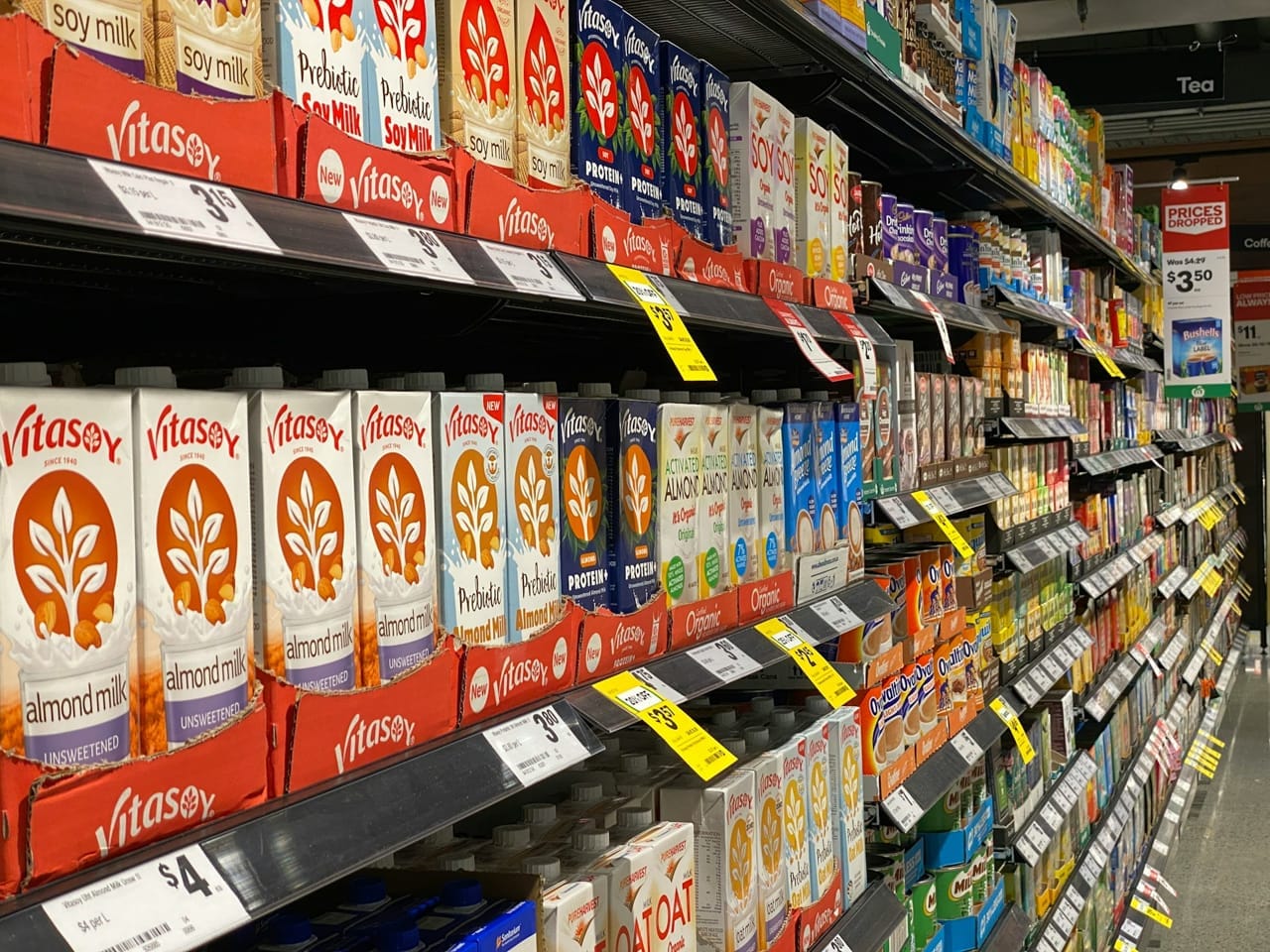What are UPFs?
Let’s start with a definition of what an UPF (Ultra Processed Food) is:
According to the NOVA Classification Reference Sheet, which can be found here: https://ecuphysicians.ecu.edu/wp-content/pv-uploads/sites/78/2021/07/NOVA-Classification-Reference-Sheet.pdf, ultra-processed foods are industrial formulations made entirely or mostly from substances extracted from foods (oils, fats, sugars, starches, and proteins), derived from food ingredients (hydrogenated fats and modified starches), or synthesized in laboratories from food substrates or other organic sources (flavor enhancers, colors, and various food additives used to make the product hyper-palatable). Manufacturing techniques include extrusion, molding, and pre-processing by deep-frying. Beverages may be ultra-processed.
They are considered highly unhealthy and are associated with many of our modern diseases, so we should try to avoid them.
Some sources to support this claim:
Cross-sectional examination of ultra-processed food consumption and adverse mental health symptoms (Hecht et al, 2022)
Consumption of ultra-processed foods and cancer risk: results from NutriNet-Santé prospective cohort (Fiolet et al, 2018)
This PDF document even explains about the mechanisms and risks:Ultra-Processed Diets Cause Excess Calorie Intake and Weight Gain: An Inpatient Randomized Controlled Trial of Ad Libitum Food Intake (Hall et al, 2019)
Alone comes the food industry
The food industry also saw this problem when trying to market these foods/drinks, they had a limited niche of customers which was a problem for them.
As this was happening, the vegan trend was spreading worldwide and the food industry, in a brilliant strategic marketing move, decided to add the word “vegan” to many of these products.
As a result, sales of these products skyrocketed, and people even began to associate these products with healthy foods, which is the exact opposite of what they are.
An example
Let us take an example and see how it works:
Let’s take what vegans would call ‘almond milk’. It should be a process of washing almonds with water a few times, but the food industry needs to make a profit and that process is not fast enough or profitable enough for them. Instead they take some water, add some chemicals to give a synthetic taste of almonds and some sugar to make it palatable, they brand it as ‘vegan milk’ and people buy it, drink it and claim it is very healthy.
How did this happen?
In a post I wrote entitled “Scientific Evidence and Common Belief” I explained how many of our “truths” have nothing to do with science. Joseph Goebbels, Hitler’s PR man during WWII, was quoted as saying, “If you repeat something enough times, it becomes the truth”.
Just as frightened people were led to believe that face masks could provide some sort of protection against airborne viruses during the COVID-19 plandemic, people are adopting dangerous hearsay statements that have nothing to do with science or health.
Another good example would be the consumption of red meat, which many people today believe to be harmful, although no scientific evidence has ever been presented to support this claim. It is just a common belief, something that has been repeated enough times until it has become widely accepted.
How do we keep our health?
In an attempt to describe which food sources we prioritize in our diet, Elinor, my partner, came up with a name for them, she called them SIFs (single ingredient foods/drinks). Her simple rule is that there are no ingredient lists on a tomato, on a steak, on a bottle of water, they are single ingredient foods/drinks.
This is the first rule in our diet and it has made us healthier, stronger.
Try to keep this simple rule in your foods/drinks if you want to keep/regain your health.
We have been practicing this simple rule for more than 11 years now and it has done wonders for our health.
Stay educated,
Aviram
